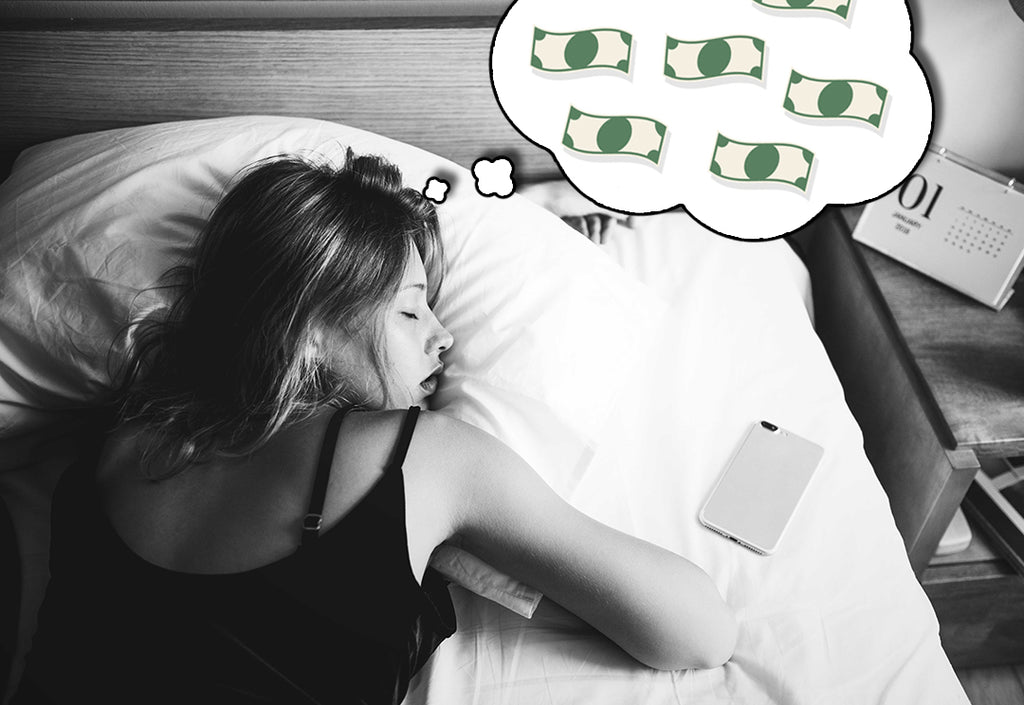

Thanks to the brilliant scientists and economists that banded together to discover lack of sleep is causing billions in economic costs. With the United States sitting at a shocking $411B in economic cost of insufficient sleep. I wonder what’s keeping all those Americans awake?
Lack of sleep costs the Australian economy billions
According to research, lack of sleep has become a ‘worldwide epidemic’ costing Australia billions of dollars in lost productivity due to accidents, poor health, and premature death. According to the SLEEP Journal, inadequate sleep cost the Australian economy $66.3B in 2016-17. With inadequate sleep affecting more than 1 in 3 adults worldwide, these statistics are going to keep increasing.

Source: SLEEP Journal, Oxford University Press
Getting paid to sleep

There’s where a brilliant CEO by the name of Kazuhiko Moriyama comes in. Moriyama has created a points system that enables employees to receive points based on sleeping for six or more hours per weeknight. The accumulated points can then be exchanged for food from the company cafeteria up to an annual cost of 64,000 yen ($800 AUD). To keep track of sleep schedules, Airweave Inc., a mattress manufacturer has designed an app for this distinct purpose.
According to a survey conducted by Fuji Ryoki, a health-products maker, 92% of Japanese citizens over the age of 20 aren’t getting enough sleep. Due to labour shortage and the long-held cultural belief of noble sacrifice for the common good, Japan has become synonymous with the death-from-overwork phenomenon.
Not only does Moriyama’s company provide sleep incentives but equally promotes nutrition, exercise, and a positive office environment. Among the new sleep points system, Moriyama also provides his employees with child support, and the ability to take company vacations on regular business days.
Could this be the answer?

Photographs of Crazy Inc. workers, including CEO Kazuhiko Moriyama, top right. Source: Marika Katanuma/Bloomberg
Moriyama firmly believes this could solve performance issues, stating that ‘Employees with happier lives will lead to better performance at the office’. Moriyama aims to reach a million employees, and to ‘do something that other people will think is crazy’. What do you think, is Moriyama crazy or is this an amazing idea?

